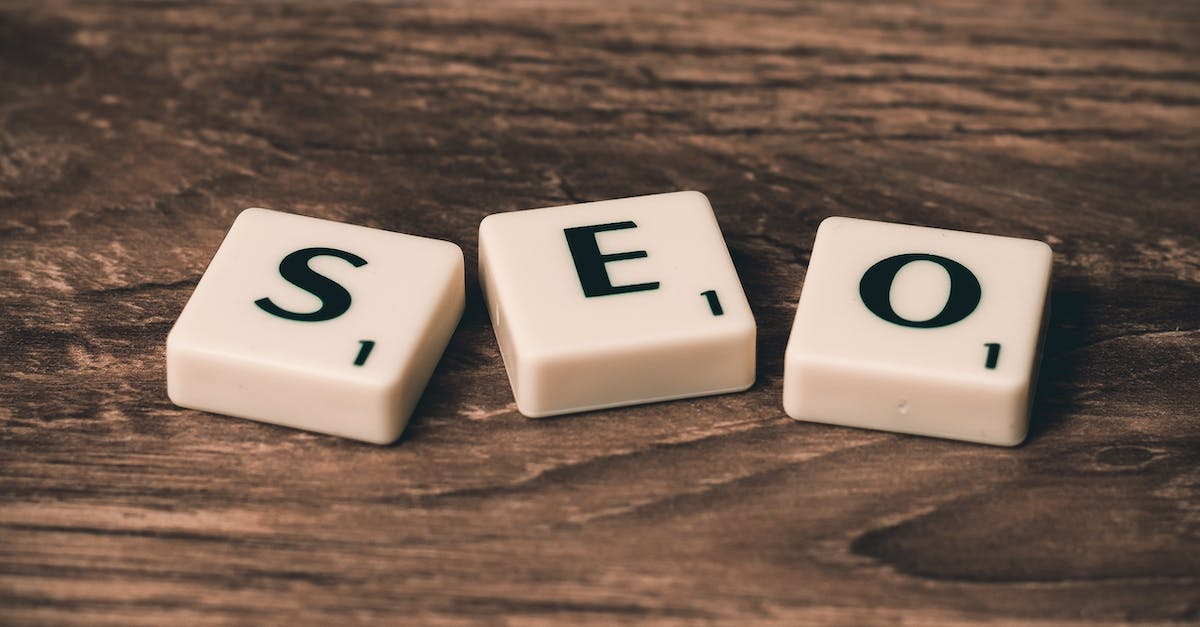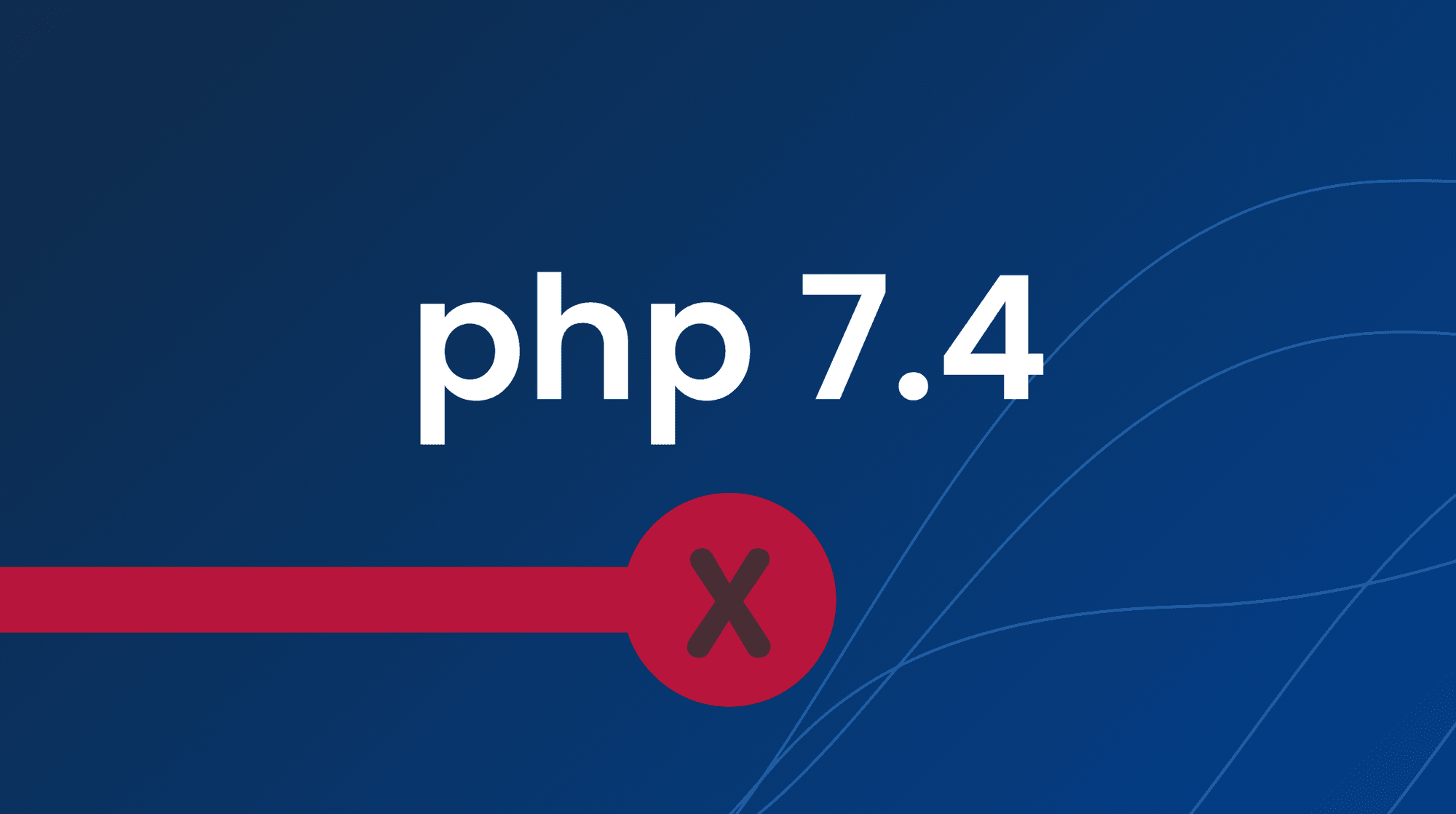随着技术的不断发展和世界不断向数字化体验迈进,SEO 不再只是一种趋势,而是一种必不可少的营销工具。SEO 已成为企业在线上取得成功的关键。为了保持竞争力,SEO 优化应成为任何企业营销策略的重要组成部分。
SEO 页面优化是优化网站以提高搜索引擎可见性的做法。这意味着确保网站的内容和结构针对用户在搜索中输入的关键词短语进行了优化。为了有效地优化网站,了解用于在搜索引擎结果页面 (SERP) 上实现更好可见性的不同策略和策略非常重要。
本文将介绍 2021 年 SEO 页面优化的一些最佳实践,为您提供工具和技巧,帮助您最大限度地发挥 SEO 工作的作用。让我们先概述一下 SEO 的一些基础知识。
SEO基础知识
搜索引擎优化 (SEO) 是优化网站以提高其在 SERP 中的可见度的做法。通过遵循各种 SEO 策略,您可以增加网站访问者数量并提高其在 SERP 中的排名。要提高网站排名,您需要了解搜索引擎算法的工作原理以及如何针对您的利基市场关键字优化网站。
谈到 SEO,需要考虑两个主要方面:页面优化和页面外优化。页面优化是优化网站内元素(如内容、结构、标题、元标记等)的做法,我们将在下文中详细讨论。页面外优化是优化网站外部元素(如链接构建、目录提交和其他页面外活动)的做法。
现在您对 SEO 的基础知识有了更好的了解,让我们来看看 2021 年 SEO 页面优化的一些最佳实践。
SEO页面优化的最佳实践
1.优化标题和元描述
SEO 页面优化最重要的元素之一是优化标题和元描述。标题和元描述可帮助搜索引擎爬虫了解网页的上下文和内容。这最终会影响网页在 SERP 中的排名。标题和描述应简洁且与网页主题相关,并根据需要添加关键字。
2. 构建内容
并非所有内容都是一样的。以搜索引擎爬虫可以轻松理解的方式组织内容非常重要。这意味着使用标题和副标题来组织内容并使其易于扫描。此外,用图片和视频分割长文本块可以帮助提高内容的可读性,并使用户更容易阅读。
3. 使用内部和外部链接
在内容中使用内部和外部链接有助于提高您在 SERP 中的可见性。内部链接是指向您网站内其他页面的链接,而外部链接指向其他网站。内部和外部链接可以帮助搜索引擎更好地了解您内容的背景,这会对您的排名产生积极影响。此外,内部和外部链接可以帮助改善您网站的用户体验。
4.针对移动设备进行优化
移动设备的使用率正在上升,这已不是什么秘密。如今,超过 50% 的在线搜索是在移动设备上进行的,因此针对移动设备优化您的网站变得越来越重要。这意味着要确保您的网站的设计和可用性针对移动用户进行了优化。此外,Google 现在使用移动优先索引,这意味着针对移动设备优化的网站更有可能在 SERP 中排名更高。
除了确保您的网站针对移动设备进行了优化之外,优化您的内容也很重要。使用简短、简洁的句子和段落以及项目符号列表和其他功能,使您的内容易于在移动设备上使用。
5. 利用社交媒体和丰富的摘要
社交媒体已成为任何有效 SEO 策略的重要组成部分。在 Facebook、Instagram 和 Twitter 等社交媒体平台上分享您的内容可以帮助您吸引更广泛的受众,并提高您网站在 SERP 中的知名度。此外,使用结构化数据标记可以帮助搜索引擎更好地理解您的内容上下文,并增加您的内容出现在 SERP 丰富摘要中的机会。
6. 优化语音搜索
语音搜索正在改变人们在网络上搜索信息的方式。语音搜索有特定的搜索短语,因此针对这些短语优化内容非常重要。此外,您可以使用结构化数据标记,让搜索引擎爬虫更容易理解内容的上下文,并提高您的内容出现在语音搜索的 SERP 中的机会。
结论
SEO 页面优化对于企业在 SERP 上取得成功至关重要。通过遵循 SEO 页面优化的最佳实践,您可以确保您的网站经过优化,以在 SERP 中获得最大的可见性。在制定 2021 年及以后的 SEO 策略时,请牢记这些策略。



















